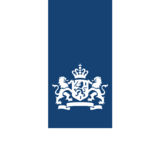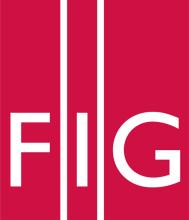Resource information
LAND-at-scale is a land governance support program for developing countries from the Ministry of Foreign Affairs of the Netherlands, which was launched in 2019. The aim of the program is to directly strengthen essential land governance components for men, women and youth that have the potential to contribute to structural, just, sustainable and inclusive change at scale in lower- and middle-income countries/regions/landscapes. The program is designed to scale successful land governance initiatives and to generate and disseminate lessons learned to facilitate further scaling. Since its launch, LAND-at-scale has invited Dutch embassies to submit ideas for scaling successful land governance initiatives. In total 63 ideas from 33 different countries have been submitted. From the 63 submitted ideas, land interventions are being developed in fourteen countries, namely in Burkina Faso, Burundi, Chad, Colombia, Egypt, Mali, Mozambique, Palestine Territories, Rwanda, Somalia, South Sudan, Uganda, Vietnam and Zimbabwe. The project ideas that were submitted to the program for consideration were highly diverse in geographical coverage, the issues to be address and the suggested approaches to address those issues. Despite this high level of diversity, similar challenges were observed across the board with regards to achieving or attaining scalability and sustainability. In essence, two types of scalability were observed: small-scale, community-level approaches that should be scaled across the country, and national-level, government-led approaches that should be rolled out and implemented across the country. . In LAND-at-scale’s definition of sustainability, both aspects are essential, cumulative criteria for success: local buy-in, as well as national-level adoption. Therefore, the challenge posed in each formulation stage, and that we will discuss in this paper, is: how to make these bottomup and top-down approaches meet in a way that can be sustained and further scaled?


